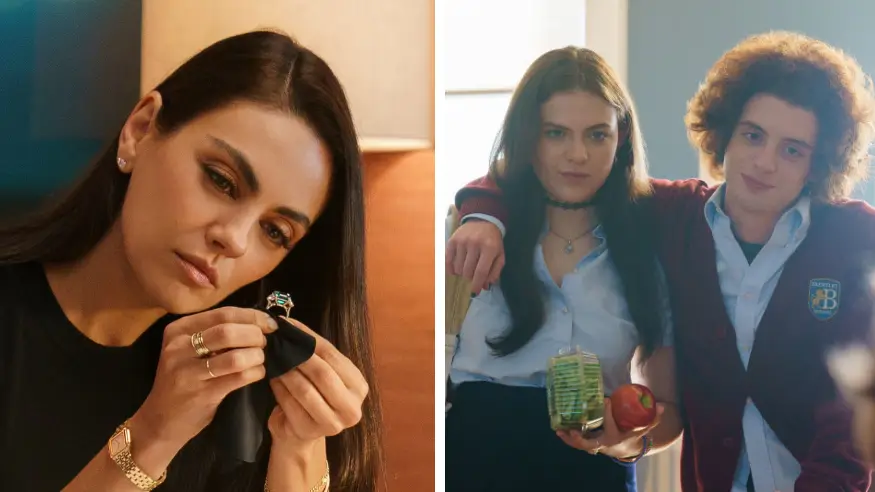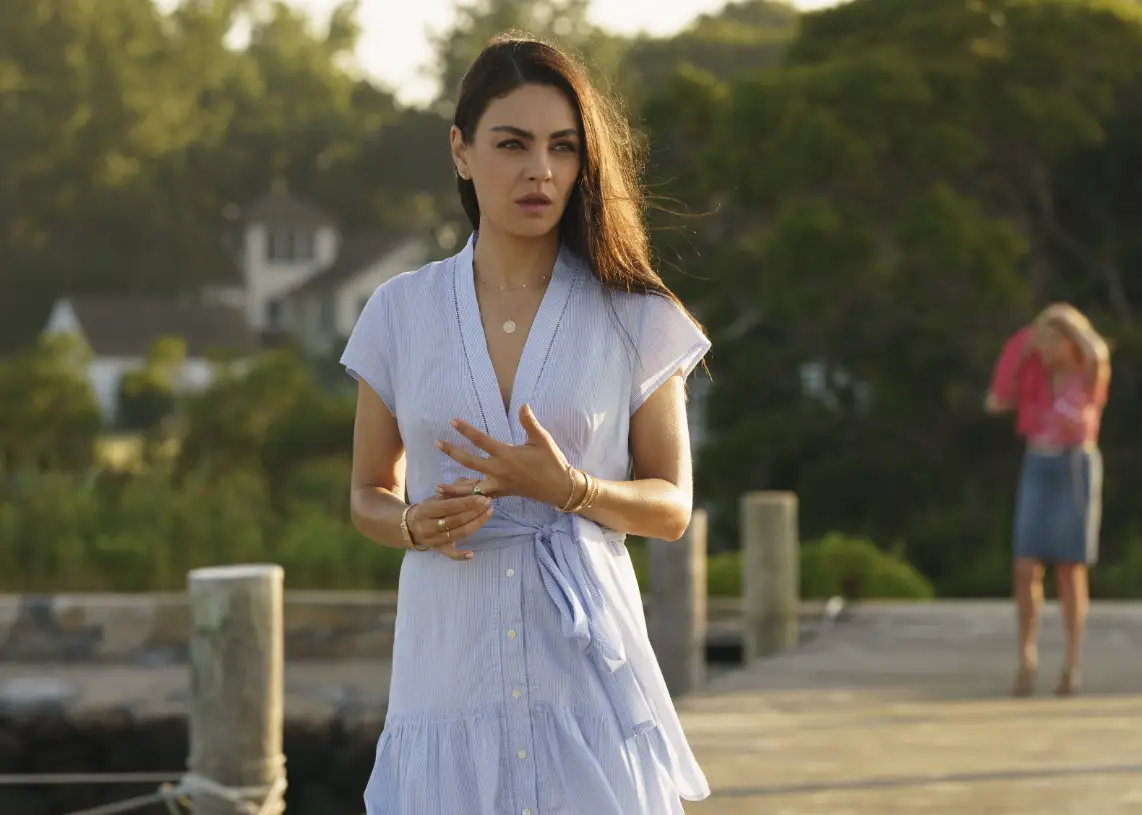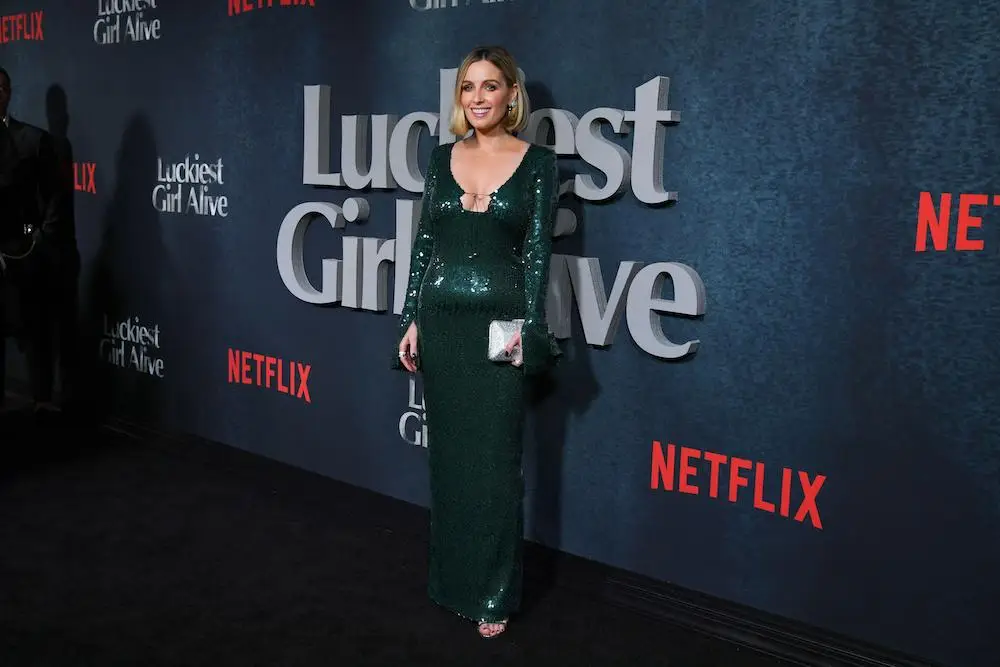
Content warning: This article includes discussion of sexual assault
Netflix's newest hit, Luckiest Girl Alive, starring Mila Kunis, is based on a traumatic true story.
The film, which is directed by Mike Barker, dropped in US cinemas on 30 September, and is based on Jessica Knoll's best-selling novel of the same name.
Check out the trailer here:
Advert
The plot centres on Ani Fanelli (Kunis), a New York writer whose life is all falling into place – the perfect job, the perfect partner, you know the drill.
However, her incredible good fortune starts to unravel when a true-crime documentary forces her to confront a horrifying high-school trauma.
The film dropped on Netflix on 7 October, and cinephiles are calling it 'the best film I’ve seen all year!'
In part, the film is so effective because of how carefully it handles emotional trauma.
For those who haven't yet watched the film, please dip out now.
The film sees Fanelli come to terms with being gang-raped as a teenager, something that was based on the real-life experience of Knoll.
Knoll wrote an essay about her experience for weekly online newsletter Lenny Letter, explaining that the book had a biographical basis.

She went on to share her experiences with USA Today, explaining: "I always feel a little undeserving of being called, like, brave or courageous, because I had to [open up] in fiction. There were these duelling things inside of me. I desperately craved the release of getting my story out on paper, and the validation of recognising what had happened to me as rape. I needed that.
"But on the other hand, I was frightened that people would read it and come to the same conclusion that people did when I was in high school, which was that no violation had occurred and that I had somehow participated in it."
Knoll went on to further process her experiences by writing the screenplay and acting as an executive producer on the movie.

Knoll didn't sit in for the filming of the assault scene: "A lot of that had to do with the fact that I didn't want to make the actors feel uncomfortable," she explained.
"I could tell people were nervous around me. I was like, 'This is a job people need to do and I don't want to make it any more uncomfortable than it needs to be.'"
If you have been affected by any of the issues in this article and wish to speak to someone in confidence, contact The Survivor’s Trust for free on 08088 010 818, or through their website thesurvivorstrust.org
The Rape Crisis England and Wales Helpline can be contacted on 08088 029 999 between 12pm–2.30pm and 7pm– 9.30pm every day. Alternatively, you can contact Victim Support free on 0808 168 9111, available 24/7 every day of the year, including Christmas
Male Survivors Partnership is available to support adult male survivors of sexual abuse and rape. You can contact the organisation on their website or on their free helpline – 0808 800 5005, open 9am–5pm Mondays, Wednesdays, Fridays; 8am–8pm Tuesdays and Thursdays; 10am–2pm Saturdays
Topics: News, TV And Film, Life